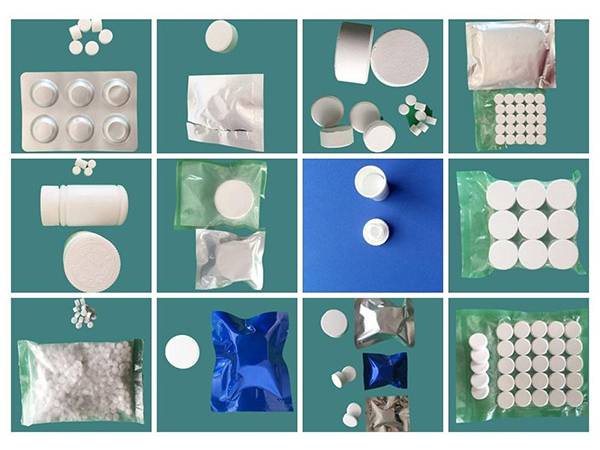



pool chemical treatment
A Comprehensive Guide to Pool Chemical Treatment
Maintaining a swimming pool involves more than just aesthetic upkeep; it requires thorough chemical treatment to ensure safety and comfort for all users. Pool chemical treatment is a crucial aspect of pool maintenance, aimed at keeping the water clean, clear, and free from harmful microorganisms. Understanding the importance of pool chemicals, their types, and proper application methods is essential for every pool owner.
The Importance of Pool Chemical Treatment
Swimming pools attract contaminants from various sources body oils, sunscreen, dirt, leaves, and even algae. These contaminants can compromise water quality, leading to issues such as cloudy water, unpleasant odors, and even the proliferation of bacteria and viruses. Effective chemical treatment is vital to tackle these challenges and maintain a sanitary swimming environment.
Key Pool Chemicals
1. Chlorine One of the most common pool sanitizers, chlorine is effective in killing bacteria and controlling algae growth. It is available in various forms, including tablets, granules, and liquid. Pool owners need to monitor chlorine levels regularly to ensure they remain within the ideal range of 1-3 ppm (parts per million).
2. pH Balancers The pH level of pool water is crucial for swimmer comfort and effective chlorine performance. The ideal pH range is between 7.2 and 7.8. If the pH is too low, it can cause corrosion of pool equipment and irritation to swimmers' eyes and skin. If it's too high, it can reduce chlorine's effectiveness. Sodium carbonate (soda ash) is used to raise pH, while sodium bisulfate (dry acid) can lower it.
3. Algaecides These chemicals are specifically designed to prevent and treat algae growth in pools. While chlorine can combat algae to some extent, using an algaecide can offer additional protection, particularly in warmer weather when algae thrive.
4. Stabilizers Cyanuric acid is commonly used as a stabilizer for chlorine, helping to protect it from being broken down by the sun’s ultraviolet rays. Maintaining the right level of stabilizer (30-50 ppm) is essential for effective chlorine use and extends the life of the sanitizer.
pool chemical treatment

5. Clarifiers and Flocculants These chemicals help clarify cloudy water by clumping small particles together, making it easier for the filtration system to remove them. Regular use can keep the water sparkling and enhance the overall swimming experience.
Proper Application of Pool Chemicals
To achieve optimal results from pool chemicals, proper application is vital
- Testing Water Regularly test the pool water using test strips or liquid kits. This helps determine the current levels of chlorine, pH, alkalinity, and stabilizer.
- Following Manufacturer Instructions Always adhere to the instructions provided on chemical packaging. Dosages can vary based on pool size and the specific product used.
- Adding Chemicals Safely Always add chemicals to water, never the other way around, to avoid dangerous reactions. It’s also advisable to add chemicals in the evening or nighttime when pool users are not present, allowing time for the chemicals to disperse safely.
- Circulation Running the pool pump and filter after adding chemicals promotes better distribution and effectiveness.
Conclusion
Pool chemical treatment is an essential aspect of maintaining a healthy and enjoyable swimming environment. By understanding the various types of chemicals available and adhering to best practices for their use, pool owners can safeguard the quality of their pool water, ensuring a safe and inviting space for leisure and relaxation. Regular monitoring and maintenance will provide swimmers with a sparkling pool, enhancing their overall experience while promoting health and safety.
-
Why Sodium Persulfate Is Everywhere NowNewsJul.07,2025
-
Why Polyacrylamide Is in High DemandNewsJul.07,2025
-
Understanding Paint Chemicals and Their ApplicationsNewsJul.07,2025
-
Smart Use Of Mining ChemicalsNewsJul.07,2025
-
Practical Uses of Potassium MonopersulfateNewsJul.07,2025
-
Agrochemicals In Real FarmingNewsJul.07,2025
-
Sodium Chlorite Hot UsesNewsJul.01,2025










